 business plan in Kenya" width="2048" height="1365" />
business plan in Kenya" width="2048" height="1365" /> business plan in Kenya" width="2048" height="1365" />
business plan in Kenya" width="2048" height="1365" />
Thinking of diving into the world of entrepreneurship in Kenya? Whether you’re dreaming of launching a small business or aiming to shake up the startup scene, the key to success starts with a killer business plan. But don’t worry – we’ve got you covered with our free business plan template. Ready to turn your ideas into reality? Let’s get started.
Table of Contents Toggle
At its core, a business plan is a comprehensive blueprint that outlines the vision, objectives, strategies, and operational intricacies of a business. It encapsulates the essence of the business idea, its feasibility, and the roadmap to achieving desired outcomes. From securing funding to navigating day-to-day operations, a well-crafted business plan acts as a guiding beacon for entrepreneurs in Kenya.
In short a business plan guides you through organizing ideas, attracting investment, and seizing opportunities in the dynamic market. It’s the essential tool for navigating Kenya’s vibrant business landscape.
Crafting a business plan is a crucial step in turning your entrepreneurial vision into reality. By following a structured process, you can ensure that your business plan effectively communicates your ideas, goals, and strategies.
Let’s explore the essential steps involved in creating a comprehensive and actionable business plan that sets the foundation for success:
The very first page that any investor or team member will see is the title page. The page will include the following:
The executive summary provides a high-level overview of your business, condensing key details from other sections.
It serves as your elevator pitch, grabbing the reader’s attention with your mission, vision, goals, product, leadership, financial insights, and growth strategies.
Imagine pitching your business in a 45-second elevator ride to entice potential investors. Consider crafting this section last, once you’ve developed the finer points of your business plan.
The following business information should be included when writing an executive summary
As mentioned above, before you can write this section you have to flesh out all of your company details, including who you are, who you’re selling to, how you’re going to sell your product or service, what your financial goals are, how you will reach those financial goals, and so on.
The rest of this article will inform you on how to do just that.
The Business Description is like giving a quick elevator pitch about your business. You’ll talk about what your business stands for its:
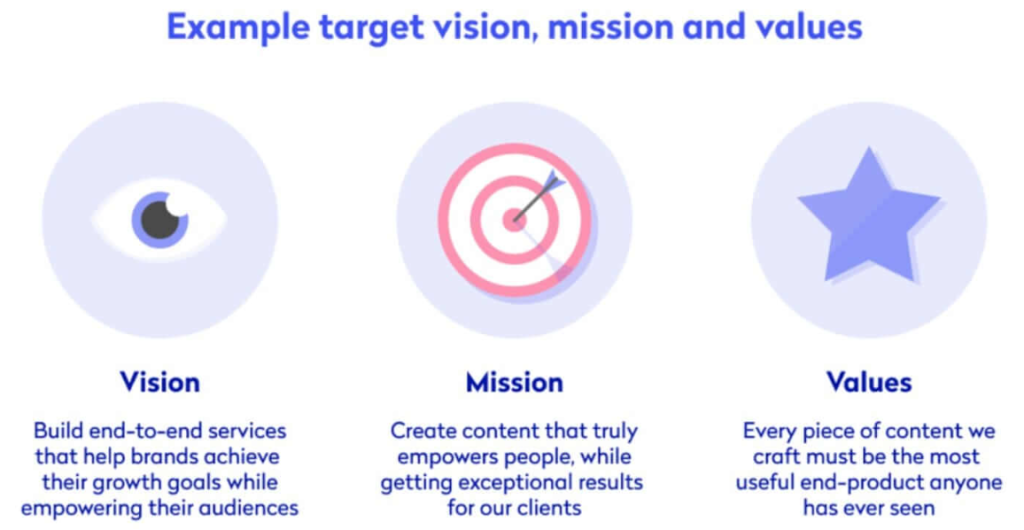 business plan in Kenya" width="581" height="301" />
business plan in Kenya" width="581" height="301" />
Plus, you’ll outline the products or services you offer and how they solve problems for Kenyan consumers.
Market Analysis dives deep into understanding the Kenyan market – who your competitors are, who your customers are, and where the opportunities lie.
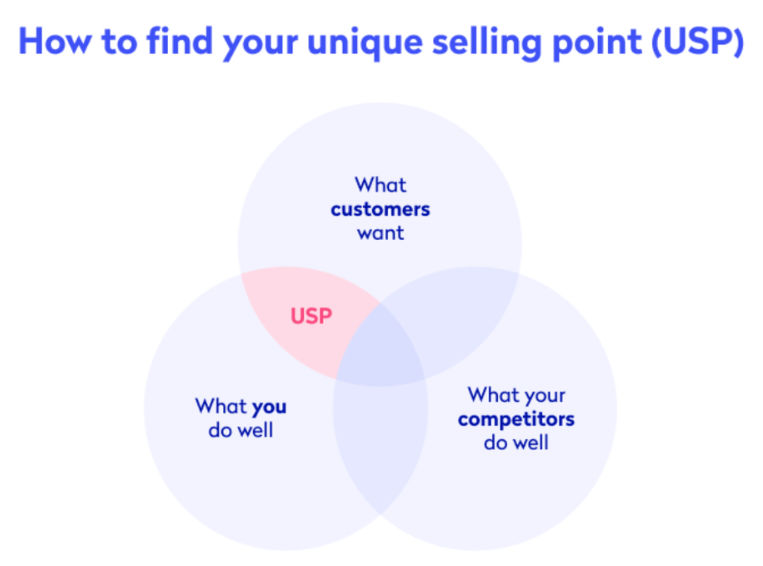 business plan in Kenya " width="528" height="392" />
business plan in Kenya " width="528" height="392" />
By detailing information about the themes and trends within your industry, you’ll be able to show that the appetite for your product or service exists.
Outlining information about your ideal customer helps you to identify the marketing and sales tactics you can use to attract them. And highlighting your competitor’s strengths and weaknesses gives you a chance to showcase what you do better than the rest.
Here’s where you showcase what you’re bringing to the table.
You can talk about the:
For the production process, include:
For the lifecycle process, include:
The Marketing Plan outlines how you’ll reach and attract customers in Kenya. It’s all about tailored strategies – online, offline, or a mix of both – to capture the attention of Kenyan consumers and turn them into loyal customers.
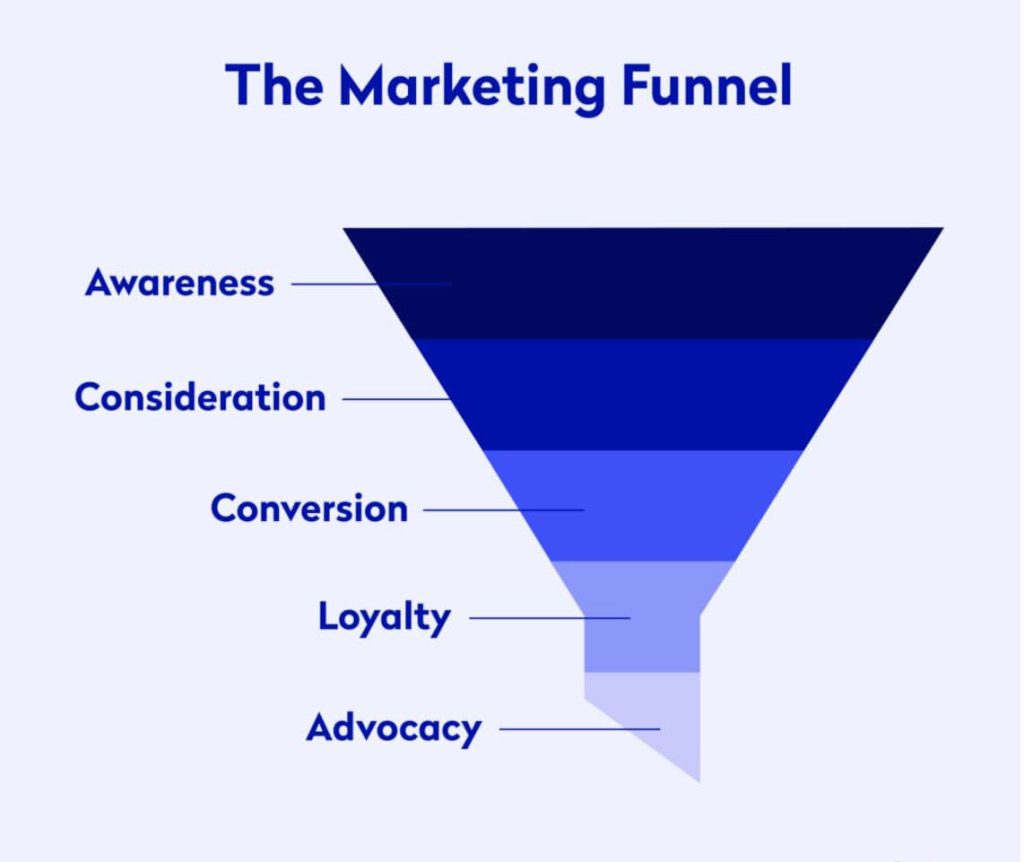 business plan in Kenya " width="477" height="401" />
business plan in Kenya " width="477" height="401" />
Here’s what your marketing plan should include:
Meet the team! The Management & Operations section introduces the key players behind your business.
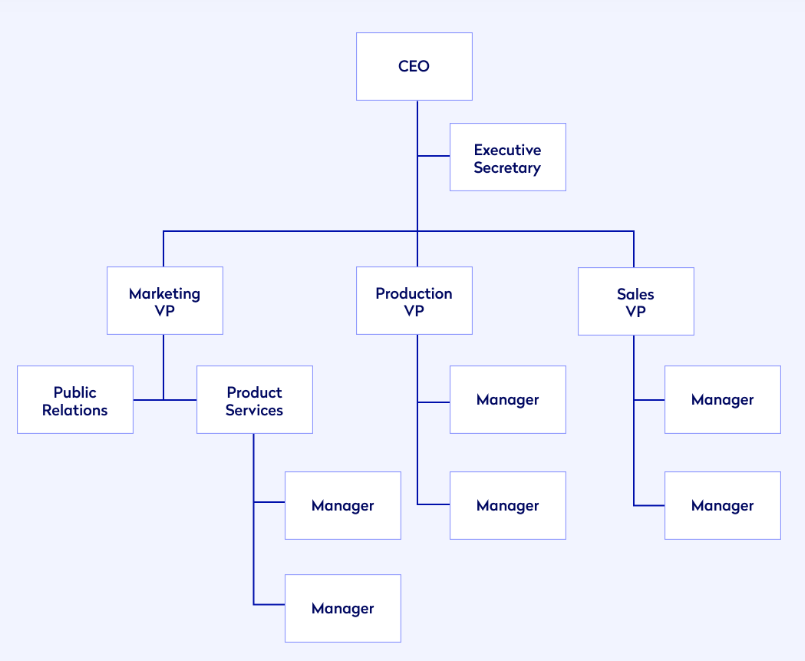 business plan in Kenya " width="480" height="394" />
business plan in Kenya " width="480" height="394" />
You’ll talk about who’s running the show, how things operate behind the scenes, and what resources you need to keep the business running smoothly in Kenya.
Here is a breakdown of what you need to include:
Last but not least, let’s talk money! The Financial Projections section crunches the numbers to predict how your business will perform financially in Kenya.
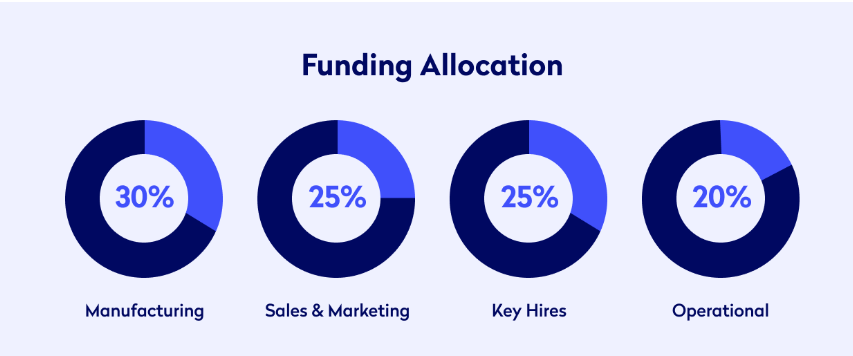 business plan in Kenya " width="539" height="225" />
business plan in Kenya " width="539" height="225" />
All to show potential investors that your business plan in Kenya is a solid investment.
The cost of drafting a business plan in Kenya varies between Ksh 10,000 to Ksh 30,000. The price is based on factors such as complexity, scope, and the expertise of professionals involved.
While engaging professional consultants or firms may entail higher costs, entrepreneurs in Kenya can explore cost-effective alternatives like templates or online resources tailored to their specific needs and financial constraints in Kenya.
Absolutely! ChatGPT can serve as a valuable aid in the business planning process for entrepreneurs in Kenya. While it cannot replace the insights provided by human consultants, ChatGPT can assist in brainstorming ideas, refining content, and structuring the business plan effectively within the Kenyan market context.
However, it’s essential to complement AI-generated content with human expertise and customization to ensure alignment with the unique requirements and nuances of the Kenyan business landscape.
A business plan provides startups with a roadmap for success, helping to clarify objectives, identify potential challenges, and secure funding. It serves as a strategic tool for guiding growth and decision-making.
The executive summary should provide a concise overview of your business, including its mission, key objectives, target market, unique value proposition, and financial highlights. It’s essentially a snapshot of your entire business plan.
Market research involves gathering data on your target market, competitors, industry trends, and customer preferences. This can be done through surveys, interviews, focus groups, and analyzing industry reports and data.
Financial projections should include income statements, cash flow forecasts, and balance sheets. You’ll need to estimate revenues, expenses, and cash flow based on factors such as sales projections, pricing strategies, and operating costs.
Identifying your target market involves understanding the demographics, preferences, needs, and behaviors of potential customers. Conducting market research and analyzing data can help you define your target audience more effectively.
The marketing plan should outline your strategies for promoting your products or services, reaching your target audience, and achieving your sales objectives. This may include digital marketing tactics, traditional advertising methods, and branding strategies.
It’s important to acknowledge potential risks and challenges in your business plan and outline strategies for mitigating them. This could include market fluctuations, competitive threats, regulatory changes, and operational risks.
Even if you’re already in business, a business plan can be valuable for setting new goals, exploring growth opportunities, and securing financing for expansion. It provides a strategic framework for driving your business forward.
A business plan typically ranges from 15 to 25 pages, but concise plans as short as 10 pages can suffice, depending on the complexity of the venture and the audience. The key is to include essential sections such as an executive summary, market analysis, strategy, financial projections, and an appendix for supporting documents.
In conclusion, crafting a winning business plan in Kenya demands a strategic blend of foresight, market knowledge, and meticulous planning tailored to the distinctive characteristics of the Kenyan market. By adhering to the outlined components and leveraging appropriate resources, entrepreneurs can develop a robust business plan that not only charts a path to success but also instills confidence among investors, stakeholders, and customers alike within Kenya’s dynamic business environment.
With determination, adaptability, and a well-crafted plan finely tuned to the Kenyan context, the pursuit of entrepreneurial success in Kenya transitions from a mere aspiration to a tangible reality.